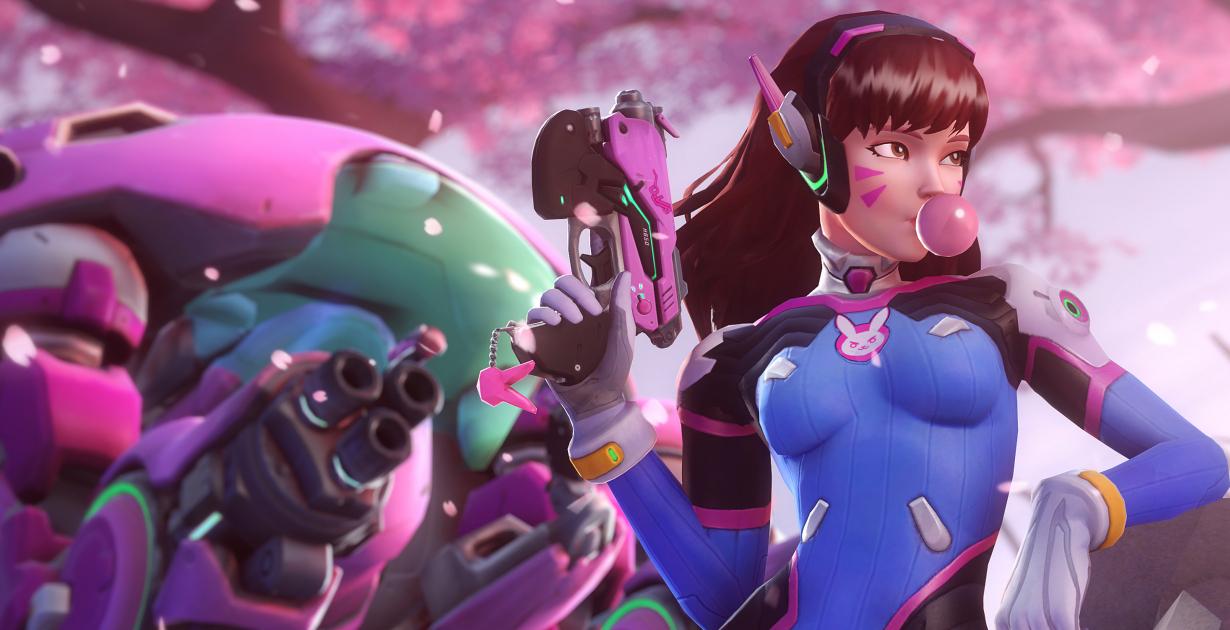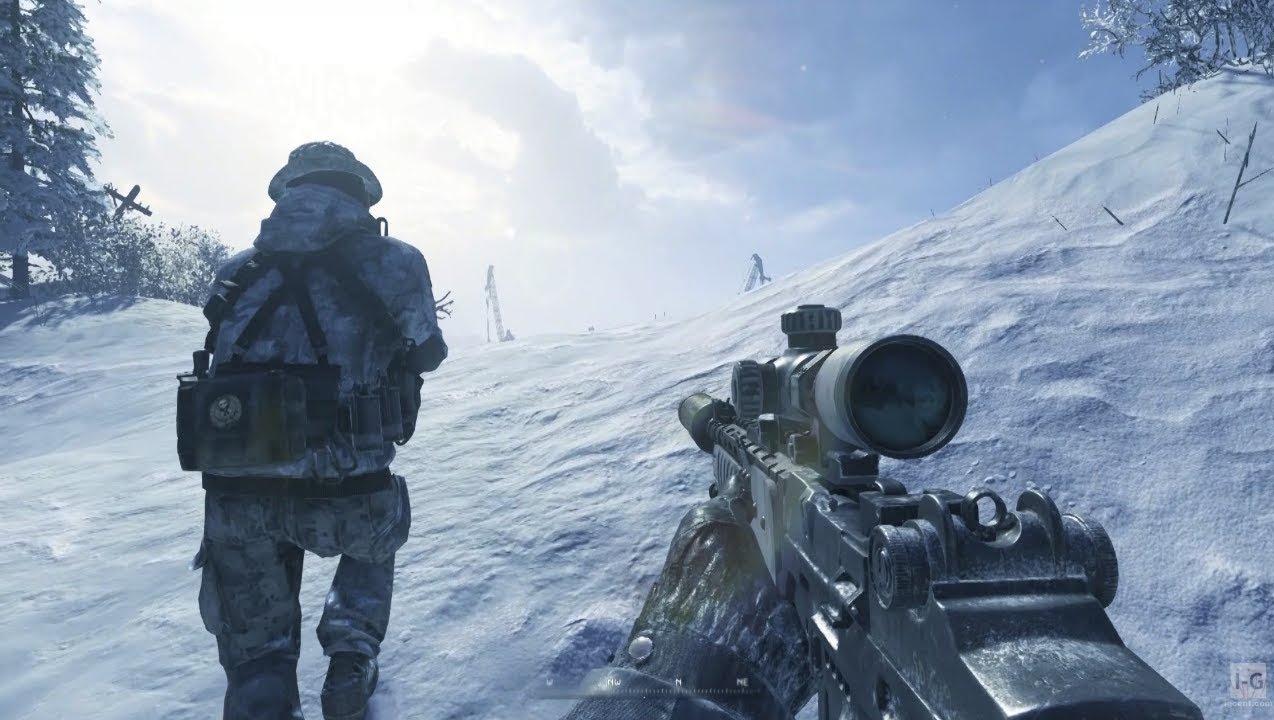
How to improve your SR in Overwatch competitive play
You win a match in Competitive Play but your Skill Rating barely went up. What gives? How do you get out of Gold now?
Skill Rating, often called SR, indicates a player’s overall performance in Competitive Play. This number can range from 1 to 5,000, and there are seven ranks that represent your SR:
- Bronze (skill rating: 1-1,499)
- Silver (skill rating: 1,500-1,999)
- Gold (skill rating: 2,000-2,499)
- Platinum (skill rating: 2,500-2,999)
- Diamond (skill rating: 3,000-3,499)
- Master (skill rating: 3,500-3,999)
- Grandmaster (skill rating: 4,000-5,000)
It’s often thought that simply winning a match in Competitive Play will raise your SR. Of course, your SR level will always go up when you win. But it won’t always go up the same amount. There are various factors that go into the amount of SR a player is rewarded after a Competitive Play match.
Find your Overwatch main and practice that hero exclusively
While being a flexible player and filling roles is always a desirable skill in a game like Overwatch, you should have one hero that you especially excel at. While Blizzard has never revealed their full algorithm for SR increases and decreases after a match, it’s clear that this formula includes how your performance in Competitive Play matches compares to other similarly ranked players who play that same hero.
To gain more SR, it’s important to have an impressive match with your chosen hero. So pick a hero that plays to your particular strengths. If you excel at communication and coordination, pick up a tank hero that shapes your team’s strategy, like Orisa or Reinhardt. If you have impressive mechanical skills, go for a DPS like Tracer or Genji who rely heavily on quick movement and accuracy. A support hero like Mercy is a great pick for someone with great map knowledge and a strong understanding of team compositions.
Workshops
When Overwatch introduced the Workshop feature, players had fun exploring brand new game modes created by fellow fans. This included modes inspired by Counter-Strike: Global Offensive’s gun game, Super Smash Bros., and even UNO. But Workshops also can become the perfect way to practice various skills in Overwatch without competing. This includes working on your aim as a DPS player. Here’s an example:
Understand the meta
When choosing which hero you want to focus on, it’s important to also consider the current meta. Certain heroes will be more desirable in certain metas. For example, bunker meta would require an Orisa to be successful, whereas dive would benefit from a skilled Tracer. This will not only make you more desirable as a teammate, but will help your team win a lot easier.
It’s hard to forget GOATS taking over the competitive meta recently. Teams who didn’t conform to this meta were left in the dust, unable to climb up the SR ladder, since GOATS smoked them quite effortlessly. This left players with only six heroes to choose from: Zarya, Reinhardt, D.Va, Brigitte, Lucio, and Zenyatta. So focus on what composition is having the most success during the competitive season, and pick a hero that would be essential for that team to have.
2-2-2 role lock
It’s important to keep in mind that comeptitive Overwatch currently has a queue for DPS, support, and tank roles. Each team is required to have two of each. This has led to extreme wait times for DPS players, the most popular role in the game. If you want shorter wait times and want to get into games more quickly – and want to be a more desired player to potential teammates – you might want to pick up a tank or support hero.
Show off your skills in Competitive Play
Once you have a hero mastered, it’s time to bring them to a competitive match. There are two factors that will decide your SR as that hero. The first is how long you spend the match on fire. You’ll know you’re on fire thanks to the game’s On-Fire Meter – a bar that appears beneath your HP – and your hero’s announcement of their newfound heat.
On-Fire Meter
One surefire way to charge your On-Fire Meter is to kill enemies. When you eliminate an enemy, you’ll see a little flame next to that character’s name, along with a number. This indicates how much charge you gained based on that kill. The more powerful the enemy is, the more it will charge your meter. It’s always a smart idea to look for enemies that are on fire, since they’re seen as a tougher person to kill and therefore are worth more towards your own bar.
The On-Fire Meter is also fueled by eliminating deployable objects, like turrets, teleporters, and shields.
But you don’t have to be a DPS hero to stay on fire in a competitive match. You can also fill your meter by moving the payload or protecting the point. This becomes especially useful if you remain on the payload when it reaches the next checkpoint. This indicates that you aided your team in the match’s objective, which is worthy of catching on fire.
You can also remain on fire for longer by healing your teammates. A clutch Resurrect or game-changing Sound Barrier will also help you catch on fire. Although it never hurts to boop some enemies off the edge. These environmental kills will only keep you on fire for longer.
Gold medals
At the end of each Competitive Play match, players are rewarded Gold, Silver, or Bronze medals for different accomplishments. These are eliminations, objective kills, objective time, damage done, and healing done. The more gold medals you have, the more SR you should receive.
Of course, a gold medal doesn’t automatically ensure that your SR will shoot up dramatically. A Solder: 76 getting Gold for 15,000 damage done may be great for your team, but getting that amount of damage as Soldier is quite common, so when it’s compared to other Soldier players you won’t see your SR climb up too much.
Play Competitive matches with a team
One surefire way to earn more SR is to get a six-stack going when you enter Competitive Play. Players who join matches with a friend are rewarded more SR than players that go solo. And playing with a friend will often lead to better results if you are able to work together.
Communication
Overwatch is a game that relies heavily on communication. Each hero has a set of abilities that may not do too much unless combined with your teammates’ plays or other abilities. A good example is Zarya’s Gravitational Surge. This ultimate pulls nearby players together, freezing them all in a sphere floating slightly above the ground. This is a pretty underwhelming ability when compared to ultimates that can wipe out entire teams. But when combined with a damage-dealing ultimate, like McCree’s Deadeye or D.Va’s Self Destruct, it can become extremely powerful. Often, it will lead to team kills that opponents can’t avoid.
But you can only pull off those combos if you are talking with your teammates properly. You have an advantage in this area when you pair up with a friend who you already know has a mic at the ready. Being able to discuss ultimate combinations and strategies will only help your team succeed, leading to even more SR.
Same-skilled friends
When you pair up with friends, keep in mind that playing with people with a higher skill level will improve your own SR at the end of the match. While there are limitations (players in Bronze, Silver, Gold, Platinum, and Diamond tier can’t group up with other players who have a skill rating difference of more than 1,000), it’s important to find teammates who are a bit above you in SR if you want to gain some for yourself.
Interestingly enough, this also applies to your opponents. If your opponents are a higher SR, you will gain more SR if you beat them in a competitive match. This makes finding high SR friends important, so match making will have you facing off against a similarly skilled team. While this makes the competition a bit tougher, it also gives you more reward when you succeed.
Don’t get carried
Although you want to find friends at an SR a bit higher than your own, you don’t want to get carried. If the game calculates that you weren’t impacting the game in any way, you won’t see an impressive rise in SR even after a win. For example, if you’re a Mercy that likes to hide in the back and pocket heal your tank, you probably won’t gain a lot of SR. The game would be more likely to reward a Mercy who uses their abilities as often as they can, getting some kills and building up towards their ultimate ability.
Keep the momentum going
To get significant SR gains, it’s important to have consistent wins. This means getting win streaks, since each win will earn more and more SR until you eventually get a loss. While most of the game’s SR-related algorithms remain a secret, principal designer Scott Mercer has confirmed that this is a sure way to climb up the ranks.
“Repeated losses used to mean your SR would drop even more, but we recently reduced the effects of streaks so they don’t accelerate your SR adjustment,” Mercer told Kotaku.
To get the most out of your Competitive Play session, it’s important to pick times to play where you aren’t distracted and won’t face anything that greatly impacts gameplay. Make sure you have already eaten, so you’re ready to play for a longer duration without losing steam. And you might want to have all of your work, homework, or errands completed, so you don’t have anything looming over you to distract you from doing your best in-game.
Recommended

Can a VPN really lower your game ping? Myths vs. reality
Do you really need it?

MrBeast takes action on Ava controversy, responds to allegations
MrBeast has launched a private probe.








